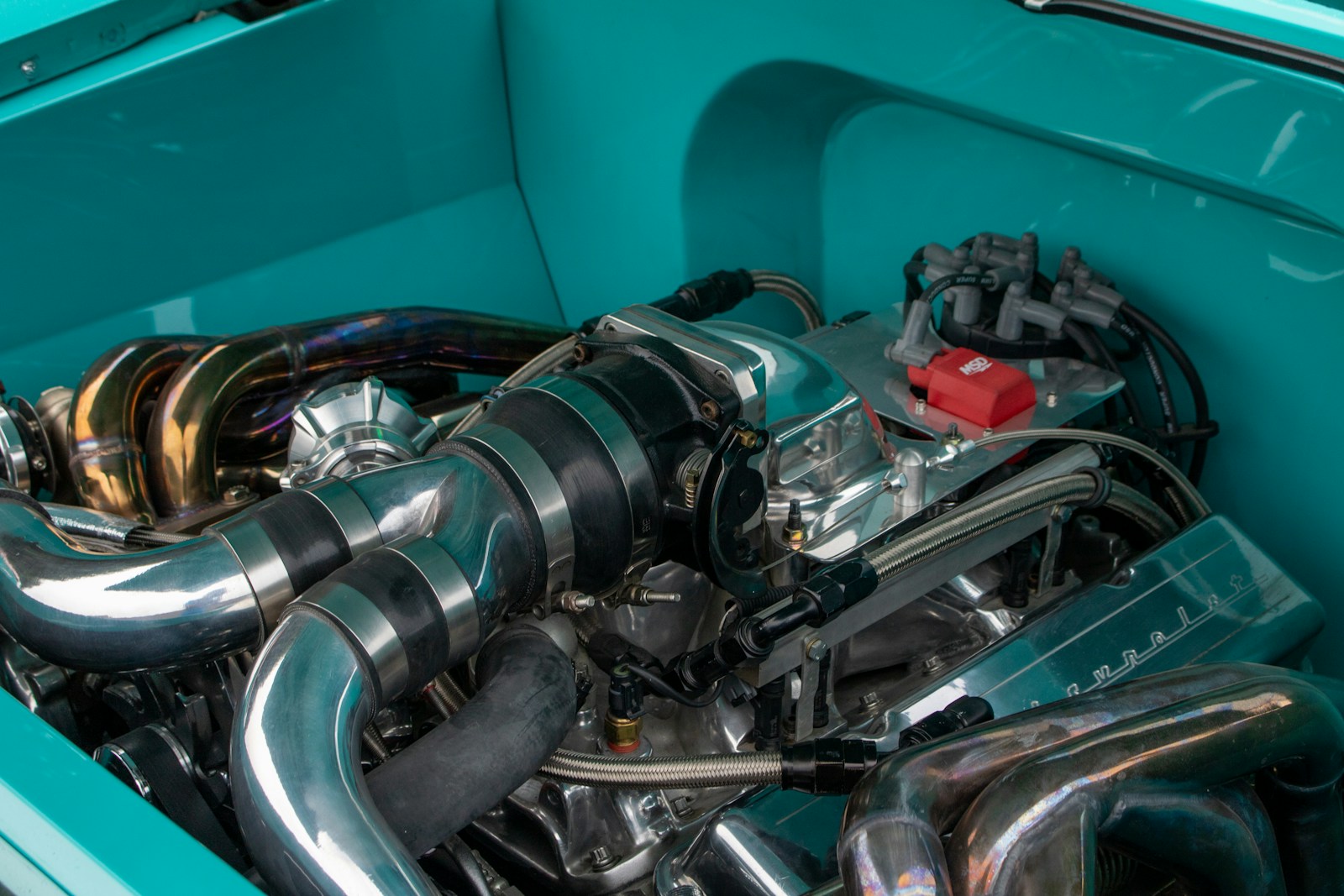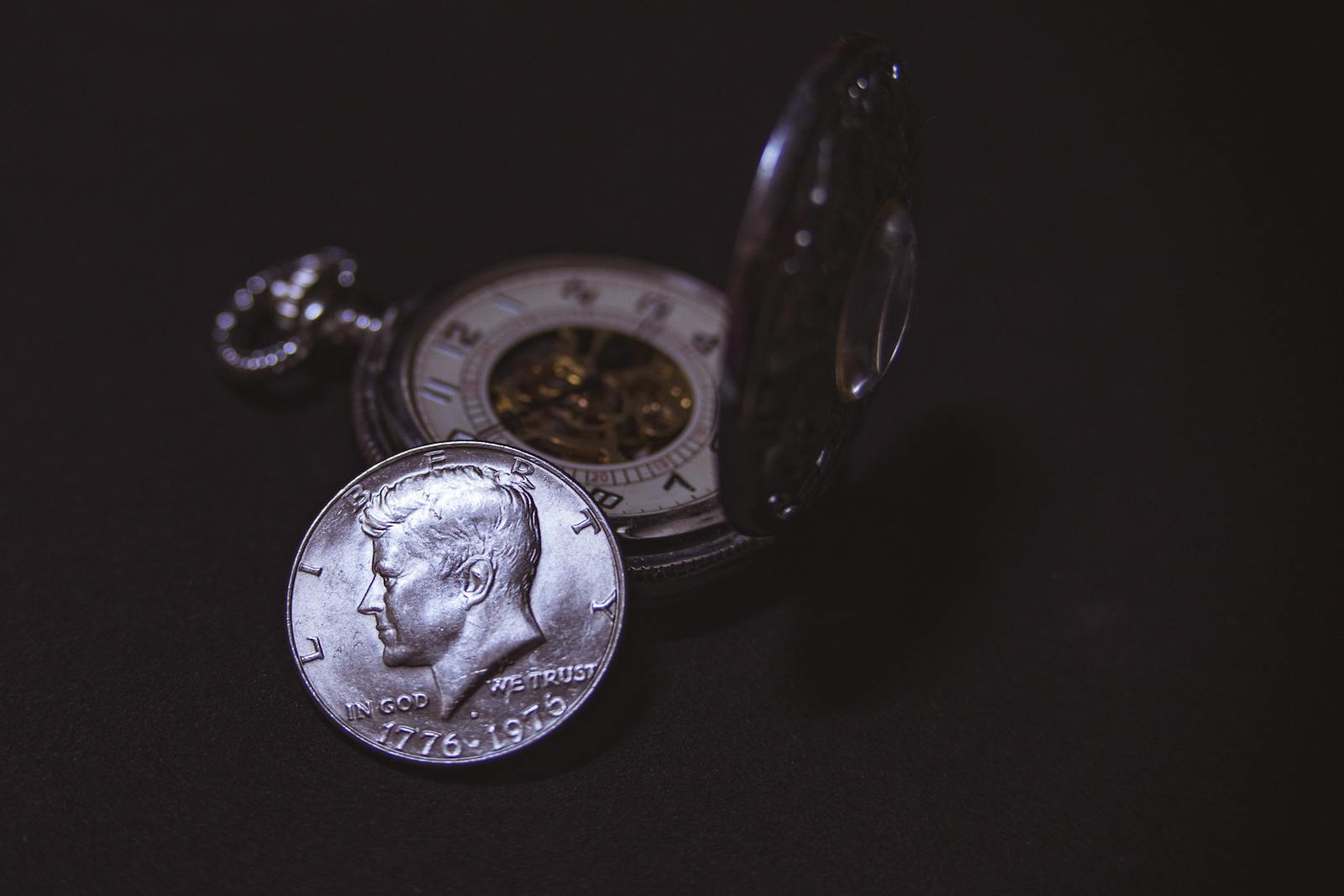Many car owners, especially men, often find themselves overpaying for common repairs due to a lack of knowledge or trust in mechanics. According to the National Highway Traffic Safety Administration (NHTSA), understanding typical repair costs can help customers avoid unnecessary expenses. Below are ten repairs that frequently lead to overcharging.

1. Oil Changes
Routine oil changes are one of the most common services, yet many drivers pay inflated prices at dealerships. Basic oil changes can often be done at local garages for significantly less, especially with promotions offered by independent shops.
2. Brake Repairs
Brake pads and rotor replacements are essential for safety but can be marked up by mechanics. Comparing prices at different shops can yield savings, as many places charge a premium for labor on brake services.
3. Tire Rotations
Tire rotations should be included with tire purchases, yet some mechanics charge separately. Ensuring that rotations are part of the service package can save money in the long run.
4. Battery Replacement
Battery replacement can be done at a fraction of the price when purchased from retailers like AutoZone or O’Reilly Auto Parts. Many mechanics charge high labor fees for what is typically a straightforward job.
5. Fluid Flushes
Flushing fluids such as coolant or transmission fluid is often unnecessary as frequently as some mechanics recommend. Manufacturers usually specify longer intervals, making these flushes a potential area for overcharging.
6. Air Filter Changes
Air filter replacement is a simple task that many mechanics charge excessively for. Drivers can save significantly by learning to change their own filters or seeking out lower-cost service options.
7. Wiper Blade Replacement
Wiper blade replacement is often marked up at repair shops. Many retailers sell blades for a fraction of the cost, and these can be easily installed by the car owner.
8. Headlight Bulb Replacement
Replacing burnt-out headlights can be overpriced at shops, especially when the job is relatively simple. Car owners can often do this themselves with minimal tools and effort.
9. Exhaust Repairs
Exhaust systems can be costly to repair. Many customers pay for unnecessary parts and labor. Getting a second opinion from another mechanic can often lead to more reasonable solutions.
10. Diagnostic Tests
Many mechanics charge high fees for diagnostic tests that can be performed at home with an OBD-II scanner. Investing in a scanner can provide valuable insights without the hefty mechanic’s bill.
Conclusion
Being informed about these common repair costs can help car owners avoid overpaying. Regularly consulting your vehicle’s manual for maintenance guidelines and seeking multiple estimates can lead to significant savings. Always remember to research and question repairs suggested by mechanics to avoid unnecessary expenses.



